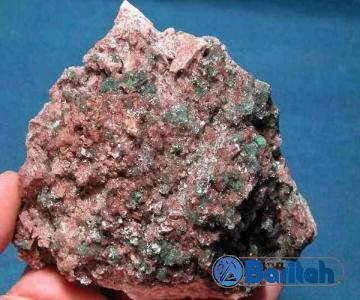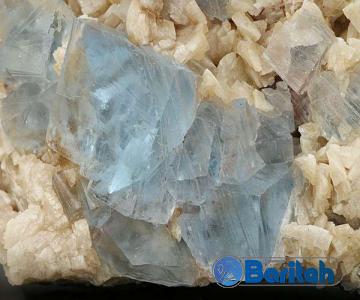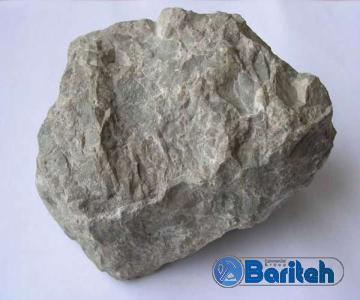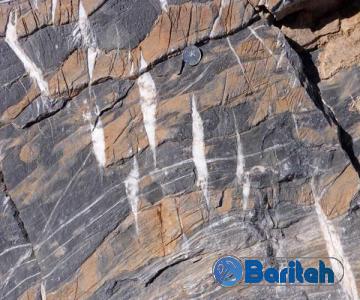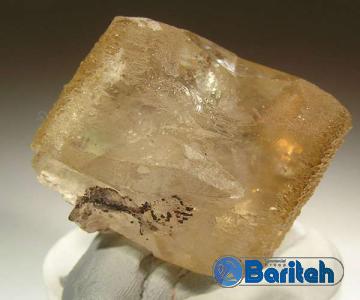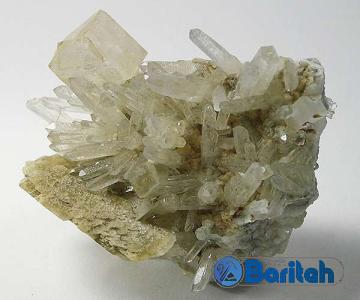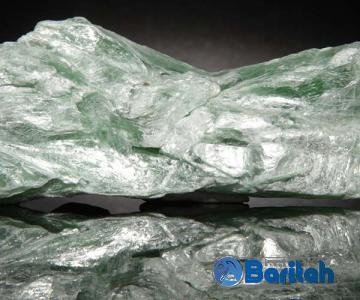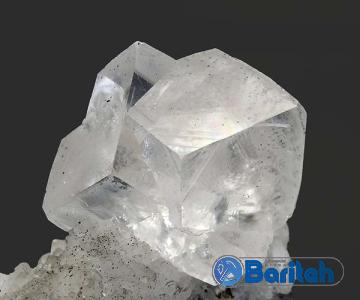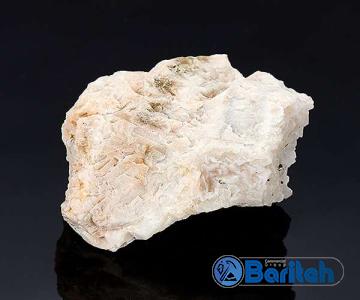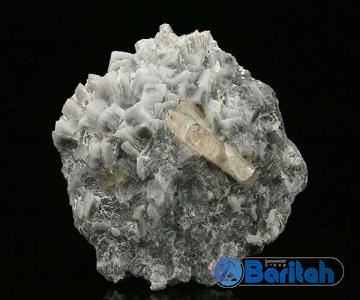bentonite in industry | Sellers At Reasonable Prices of bentonite in industry
Bentonite powder is used in piling which is the very basis of construction; the essential support needed for any kind of structure
It also has some uses in the construction industry as a bonding material in the preparation of molding sand for the production of iron, steel, and non-ferrous casting
It is used as a technique that sets deep foundations for any structure
Bentonite is the name given to a group of clays that swell and turn into a gel when sprinkled with water
The name “Bentonite” comes from this clay found in the nineteenth century near Fort Benton, United States of America
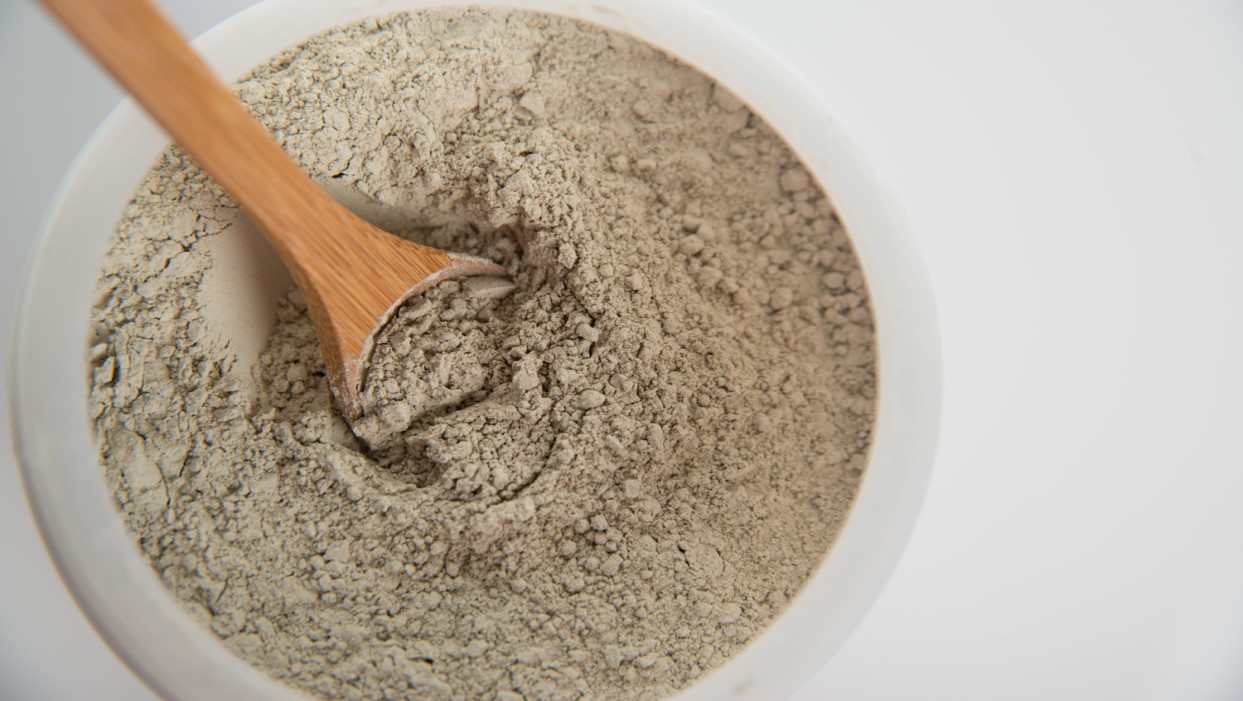
This is natural sodium bentonite that has been mined extensively in Wyoming and Dakota for many years for oil well drilling applications
Bentonite is now widely used in civil engineering around the world
Bentonite base fluid is widely used in civil engineering
One of its main uses is to support the sides of membrane siding pockets
In this application, the bentonite must be able to form a barrier or “filter paste” on the sides of the excavation to prevent fluid loss in the ground and to provide a surface layer against which the pressure of the fluid can act to resist pressure from the soil and groundwater
Bentonite support fluids are also widely used in the construction of large diameter piles
Except for the shape of the pit, the application is similar to a diaphragm wall structure
S mall diameter wells used for site survey work or other purposes often drill through unstable coal seams using bentonite proppant fluids as an alternative to the temporary casing
Another widely used application is the construction of walls underground to form a groundwater barrier or to seal off areas of contaminated land that must contain sediment
In this application, cement and/or other materials are added to bentonite to form a slurry that remains liquid for several hours prior to molding to form relatively smooth barrier walls
Sometimes, during drilling, a thin flexible membrane is inserted into the mud before it solidifies
In some cases, bentonite bottom fluid is also used to support the drilling face in front of the tunnel boring machine and to transport the drill bit to descaling equipment, where the fluid is removed before it is recovered for further use
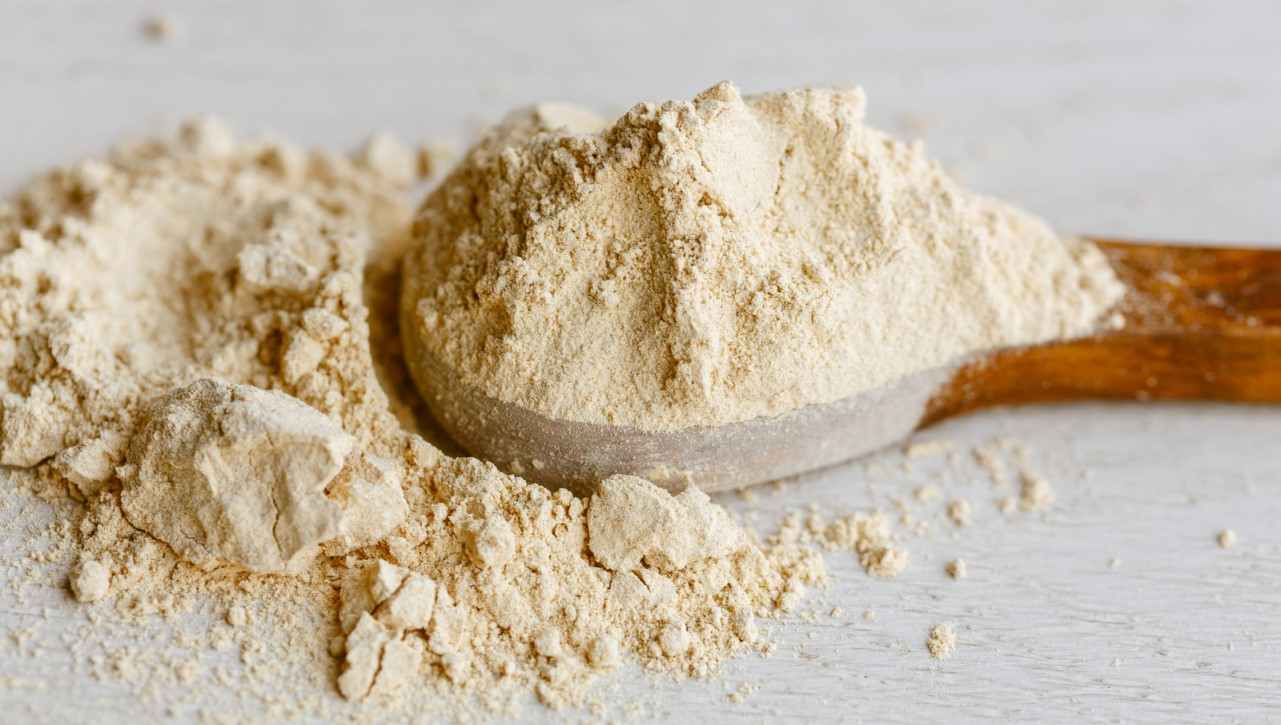
uses of bentonite powder
The bentonite powder can have some medicinal and industrial uses
The following list looks at the benefits of bentonite along with the research results
Anecdotes abound about the digestive-regulating properties of bentonite powder, with people using it to treat everything from acid reflux to constipation to bloating and gas once you realize that kaolin (another clay) was once widely used to soothe the stomach Medicine, it only makes sense like Rolide
In particular, bentonite powder may be promising for people with irritable bowel syndrome
Serious bacterial infections like MRSA (a type of staph bacteria resistant to many antibiotics) are no joke
It can cause problems ranging from skin infections and sepsis to pneumonia and blood infections, according to the CDC
But bentonite clay may help where traditional medicine can’t
Bentonite clay is also a promising treatment for diaper rash—one study found that bentonite diaper cream worked better and faster than calendula diaper cream
In addition to treating annoying rashes, bentonite clay also provides some cosmetic benefits to your skin
If you’ve ever used a mud mask, you know firsthand the oil-absorbing and pore-cleaning power of this mineral-rich sludge that appears to remove all impurities from your face
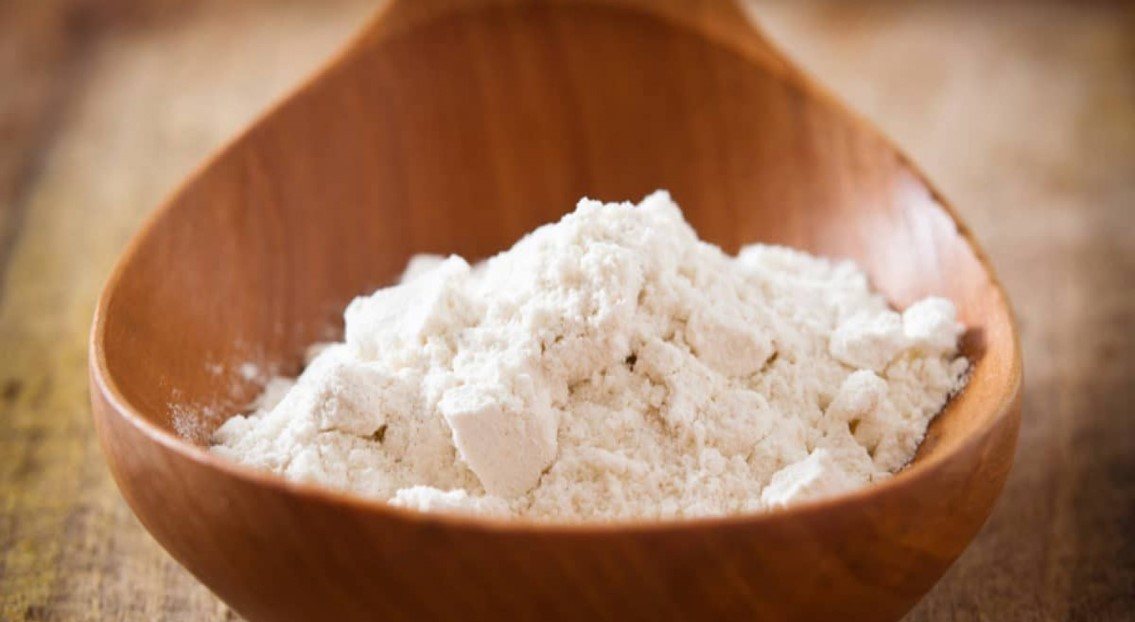
Industrial uses of bentonite powder Some industrial applications are demonstrated by understanding the composition and structure of bentonite and the properties that result from it
These properties are mainly used when the substance is suspended in a liquid (usual water); Or as a dry powder or granules
Most industrial applications involve the swelling properties of bentonite to form viscous aqueous suspensions
Depending on the relative proportions of clay and water, these mixtures act as binders, plasticizers, and suspending agents
The bentonite disperses into colloidal particles, providing ample surface area per unit weight of clay
This large surface area is the main reason why bentonite is so good at stabilizing emulsions or as a medium for transporting other chemicals
Bentonite reacts chemically with many organic substances to form compounds that are mainly used as gelling agents in various organic liquids
Bentonite is selected on the basis of type and quality to meet every industrial need
This choice depends mainly on the physical properties, and the chemistry of bentonite is involved only to the extent that it affects the physical properties
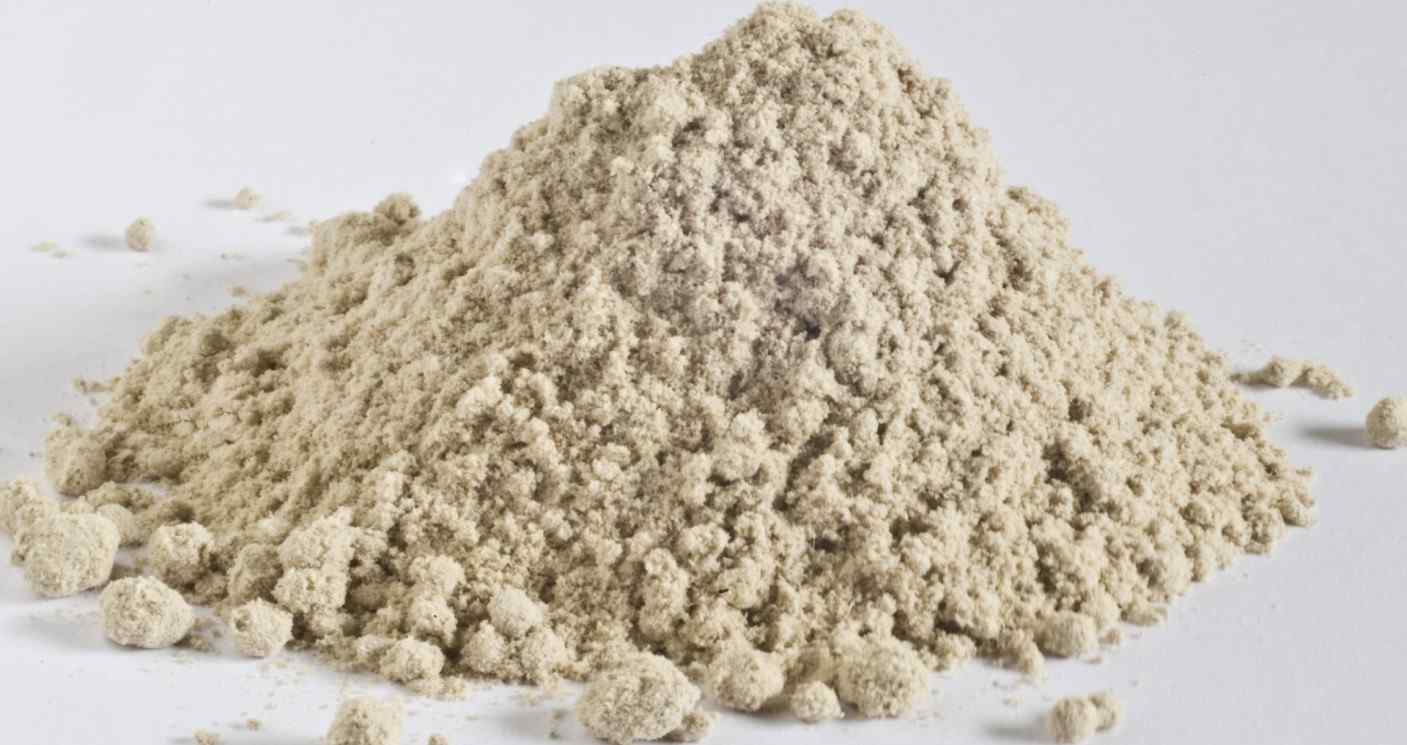
bentonite powder used in piling
Bentonite powder helps maintain the quality of the concrete in the substrate foundation
If bentonite is not used, soil particles may mix with the poured concrete, resulting in a lower grade of concrete
Bentonite is used as a lubricant for piling equipment and hammers to reduce drilling friction
In civil engineering, bentonite is used as a thixotropic agent, carrier and lubricant
Typical applications of the agent include the construction of membrane walls, foundations, jacks, tunnel excavation, etc
Its viscosity and ductility also make it suitable for Portland cement and mortar
How is bentonite powder used? First, the bentonite is mixed with a high turbulence mixer and the slurry is stored in a swimming pool
The water storage capacity of the pond should be around 400C
An on-site laboratory is provided for regular mud testing
Laboratory reports are kept during construction
Equipment available in the field laboratory includes a sludge, a swamp cone
Contaminated bentonite slurry will be mixed with the ground for disposal
Bentonite will be used as a drilling fluid to stabilize the borehole and during drilling, the bentonite slurry is kept as high as possible within the envelope and above existing groundwater
After drilling, the bottom of the hole is completely filled and then wash the bentonite with a cleaning bucket before recycling
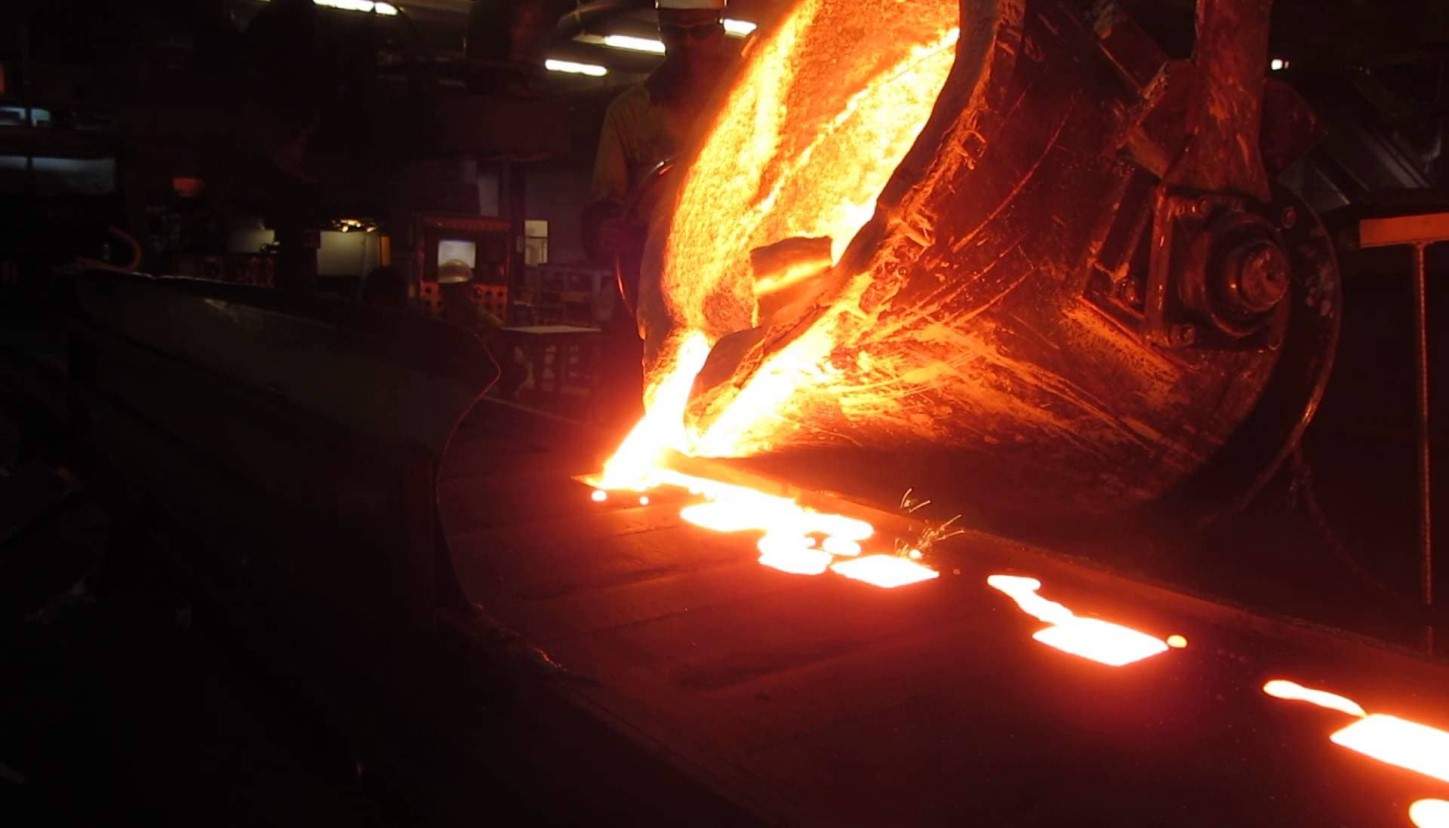
bentonite powder uses in industry
Bentonite has very rich and attractive properties that make it very versatile and has several industrial applications including: sand casting Bentonite is still used to make casting briquettes, although the industry began to use other technologies and replaced bentonite with other products
A process called smelting is pouring molten metal into a mold that has the shape of the element to be produced, obtained after the metal has cooled and solidified
Forming sand consists of sand and clay, usually bentonite, which provides cohesion and plasticity to the mixture
This makes it easy to shape after the molten material has been poured and provides enough strength to hold the shape when the mold is removed
The proportion of bentonite in the mixture ranges from 5% to 10%; It can contain as much sodium as calcium, depending on its intended use as a mold
Use sodium bentonite instead of calcium species in foundries for higher temperatures
Sodium bentonite is usually used in cast iron, ductile iron and ductile iron, and is used to a lesser extent in the group of non-ferrous metals
On the other hand, calcium bentonite facilitates the production of more accurate and complex briquettes, mainly used for smelting non-ferrous metals
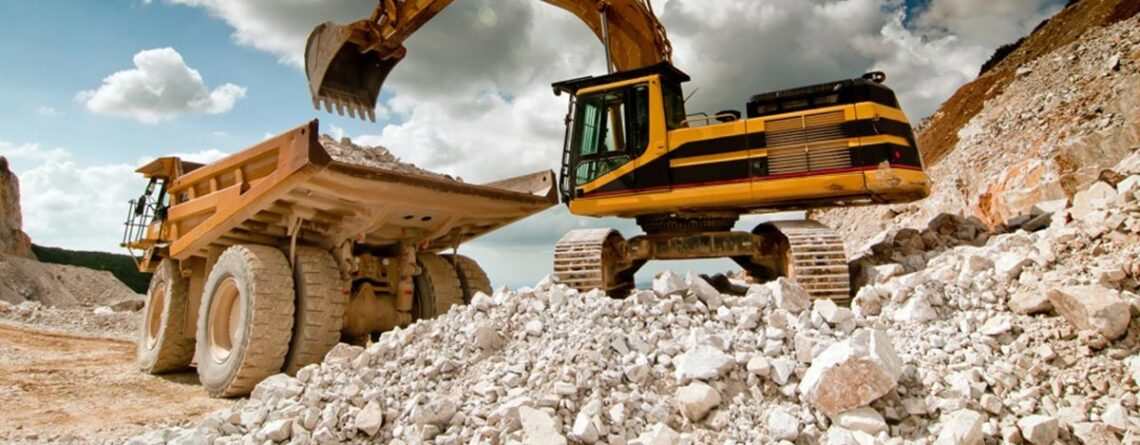
Specifications developed by industry associations for cast bentonite include properties such as moisture content, swell index, pH, and liquid limit
drilling mud Despite numerous changes in the composition of drilling mud, bentonite is still used in many ways
Drilling mud is pumped and circulated through the well while drilling
Its composition is modified depending on changing requirements, drilling depth and the presence of another materials present
The role of drilling mud is: Pressure control during wall formation and installation – Cooling of drilling tools – Seal or form a thin film impermeable to water on the wall of the well to prevent water from affecting the geological formation
– Activate the add weighted agent – Generate sufficient hydrostatic pressure to stabilize the wall and trap the fluids of the geological formation
– Remove debris from the bottom of the hole and move it to the surface
-Supports the weight of the drill
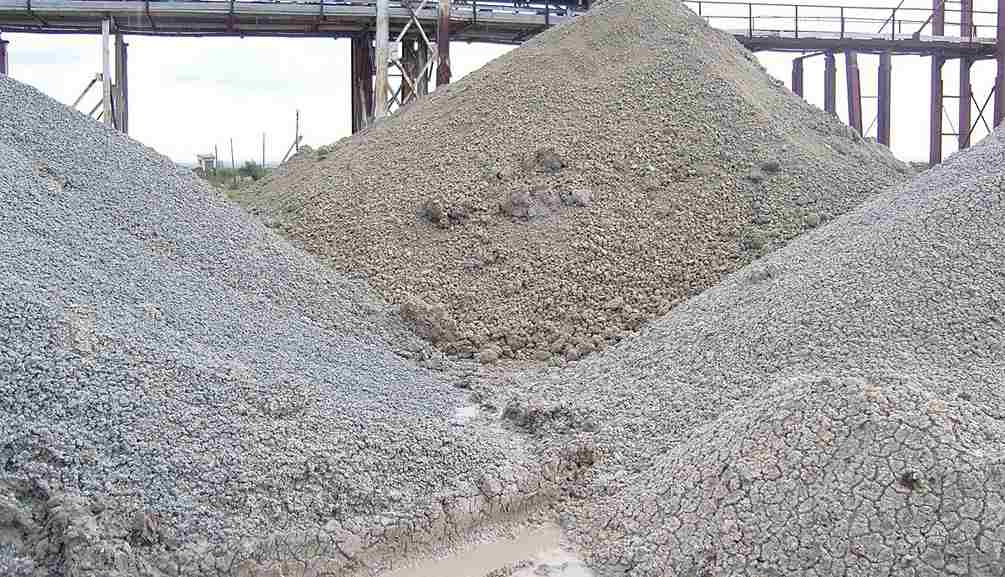
-Transfer of hydraulic power to the excavator Various industrial minerals and chemicals are used in drilling mud, but the most important ingredient is always bentonite
Its use is based on increasing the viscosity of the clay, thereby ensuring the effective removal of surface debris
granulation For more than fifty years, bentonite clay has been used as a binder to produce pellets of pre-milled material for separation and concentration tasks
Although there is no standard specification for this use, natural or activated sodium bentonite is used as they are the only particles that form good particles with the desired green and dry strength and the high mechanical strength required after sintering
absorbent The high specific surface area of bentonite makes it highly absorbent and absorbent
Therefore, it is used to bleach and filter oil, wine, cider, beer, etc
Bentonite is very important in industrial processes to purify water containing various types of industrial oils and organic pollutants
Bentonite is also used as a carrier for chemicals such as herbicides, pesticides, and pesticides, allowing for an even distribution of toxic products
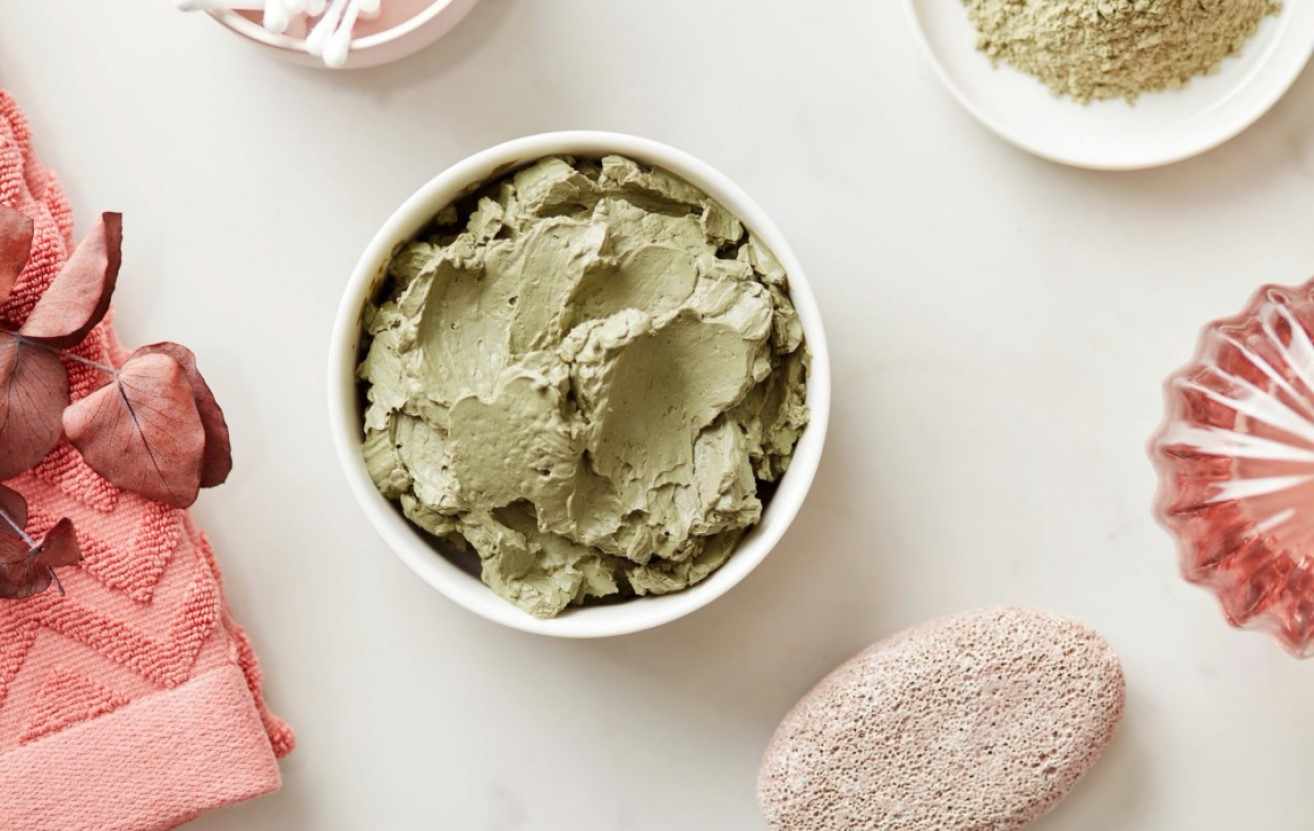
how to use bentonite clay powder
Bentonite clay has many health benefits and uses
Make Your Own Shampoo Using Bentonite Clay
Apply the clay mixture to damp hair, let it sit for five minutes, then rinse thoroughly
If you are mixing clay with water, I recommend rinsing with apple cider vinegar after washing to avoid drying
Use Bentonite Clay as a Mask
Bentonite clay tightens and conditions the skin, and its water absorption removes impurities from deep
Apply the mixture thickly and evenly to the face and let it dry for 10-15 minutes
You should feel a little tight and tingling
Rinse with warm water and pat dry
For best results, use once or twice a week
Use Bentonite Clay for a Detox Bath
Due to its electromagnetic properties, clay blocks may stick to specific areas of the body where toxins are present
If any mud lumps are left on the skin after rinsing, wipe gently with a cloth
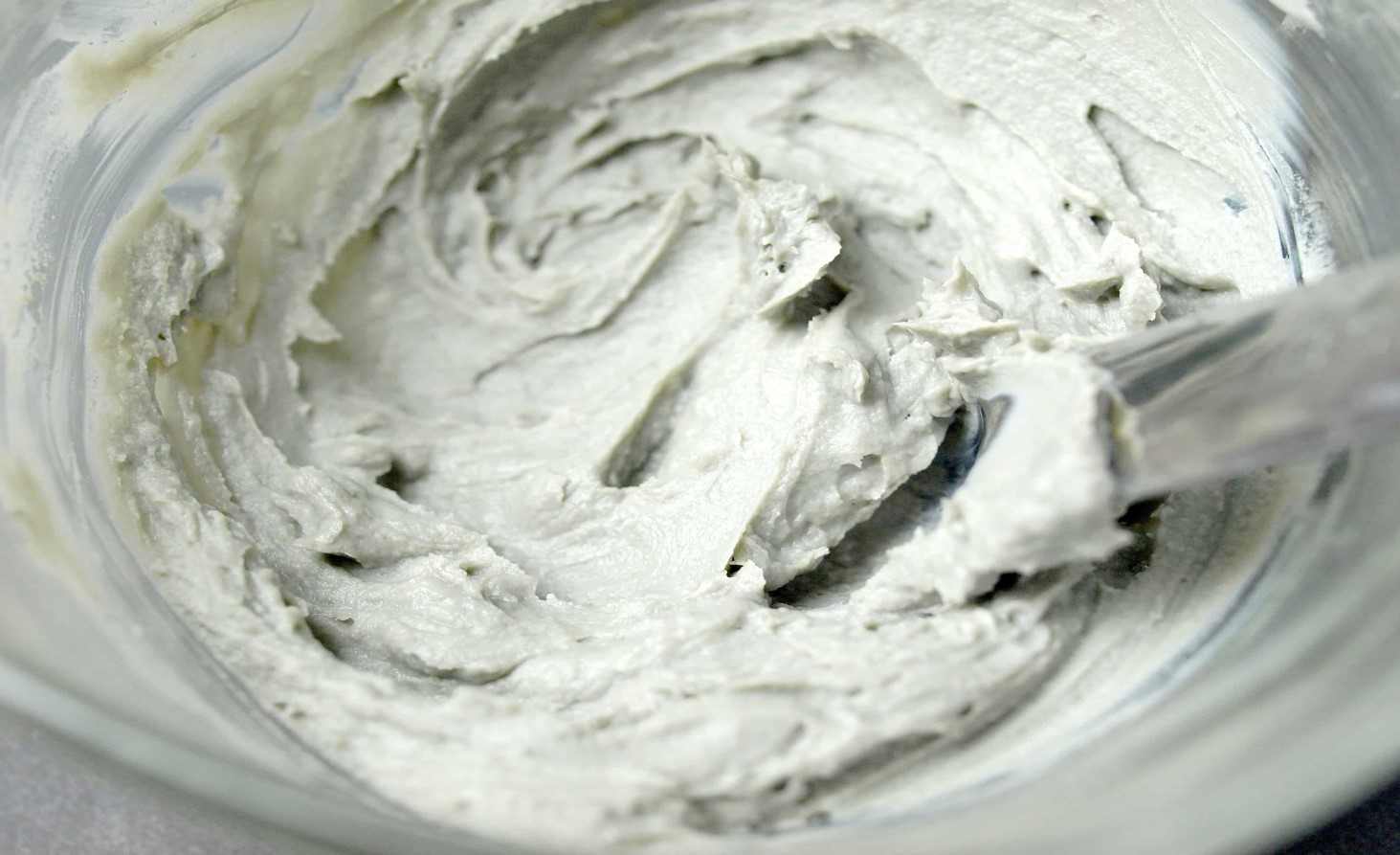
Make a deodorant for sensitive skin
Bentonite clay helps absorb underarm moisture and eliminate body odor without causing irritation
Try this super easy-to-make natural DIY deodorant
Remineralizer teeth with bentonite
After the bentonite clay has done its job of flushing toxins out of the mouth, it leaves behind nourishing minerals for the teeth
Try this home mom’s homemade squeezable toothpaste to remineralizer your teeth
Soothes burns and wounds
Mix the clay and water until it has a paste-like consistency, then apply it to the burn or cut
Gain executive comfort
Pour 1-2 teaspoons of bentonite clay into a full glass of water, soak for at least 30 minutes, and drink
Warning: Do not use more than the recommended amount of clay, as the thick mud mixture can cause constipation
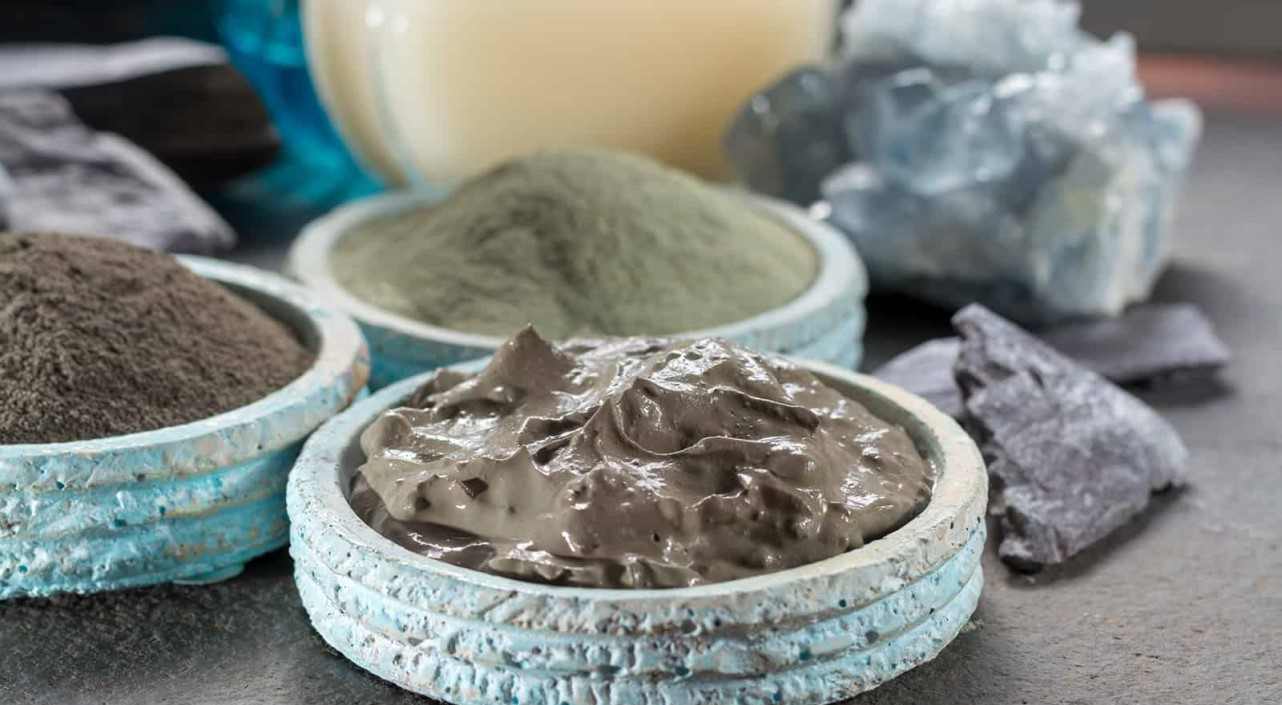
It is recommended to follow the clay water with a cup of plain water to prevent the clay from settling
Helps Treat Viruses and Food Poisoning
Bentonite clay helps extract disease-causing viruses, herbicides, pesticides and heavy metals
To extract these toxins, mix 1/2 to 1 teaspoon of bentonite powder with water
Please consult your doctor or seek medical attention as needed
Antipruritic ointment
Bentonite clay can be used to treat skin conditions such as insect bites
Mix a small amount of clay powder and water into a paste and apply to the affected area
Let it dry and leave it on the skin until it flakes off
Rinse off any residue with water
Add to your favorite cleaning recipes
Headaches, allergic reactions, fatigue, sinusitis, and other health problems are often the result of toxins building up in the body’s organs
To clean your guts, you can add 1-2 teaspoons of bentonite powder to your favorite smoothie or meal
Make sure you stay hydrated or eat with fiber to help it pass through your digestive system quickly
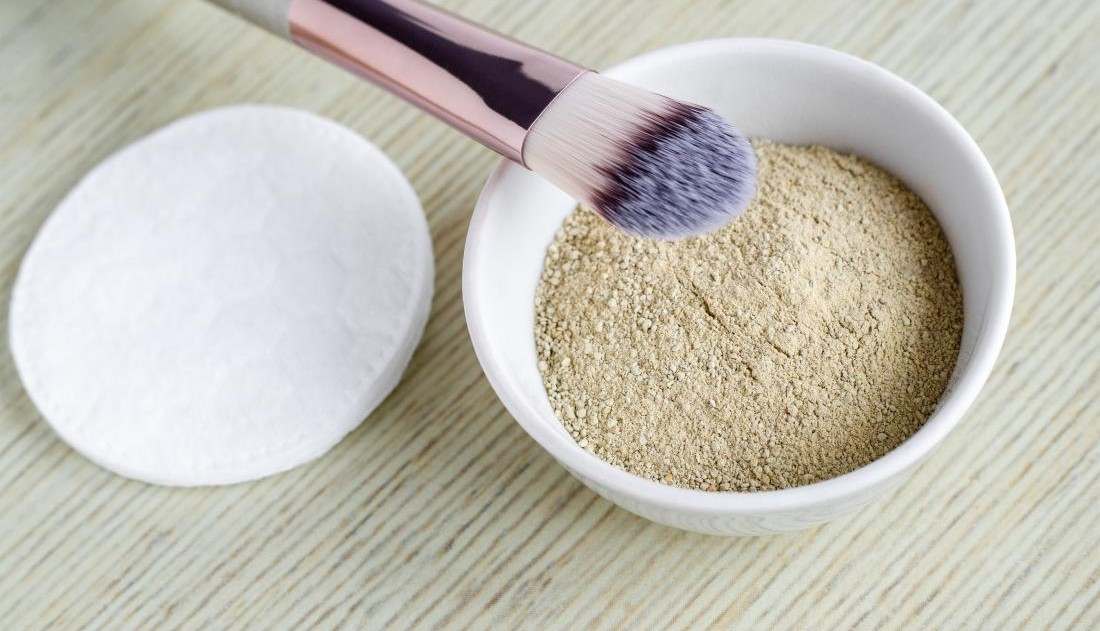
what is bentonite clay powder used for
Bentonite can be used as a sealant for toxic and hazardous waste deposits as well as low, medium and high radioactive waste
Bentonite is used in soil mixtures to reduce permeability and prevent leakage of gas or the resulting leachate into the tank
The usefulness of bentonite as a sealant mainly depends on some of its properties, such as high specific surface area, high expansion capacity, good plasticity and lubricity, high impermeability, and low compressibility
The commonly used bentonite for this purpose is sodium bentonite, which has a greater swelling ability
physical earth In rocky or volcanic areas where satisfactory resistance values are difficult to obtain, bentonite is often used as a soil additive to improve its stability
soap making Bentonite clay is an interesting component of soap due to its emulsifying properties and the cleaning effect of carbonate particles
Its strong properties and advantages include: emulsification and cleaning due to the viscous suspension of the gel it contains; Its ability to disperse in water faster than other soaps due to its colloidal clay content
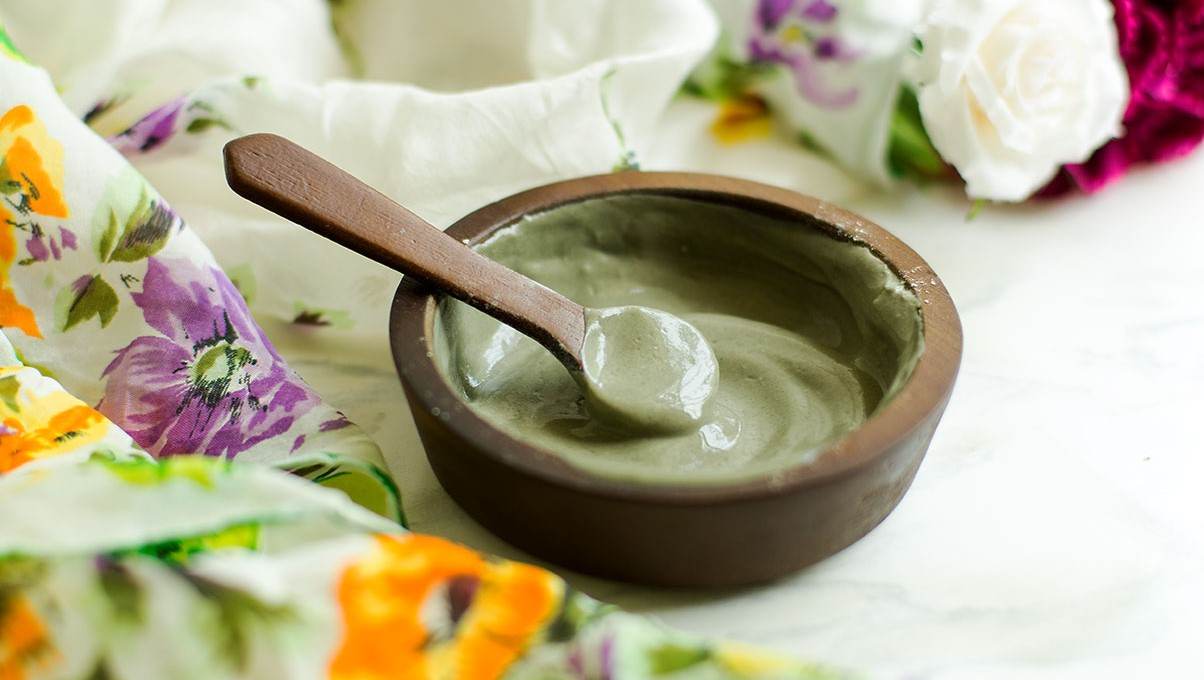
Civil Engineering Bentonite clay is used to bridge cracks and crevices in rocks; to absorb moisture to prevent tunnels and pits from collapsing; waterproof trenches; install ponds: Increasing the capacity and plasticity of the cement to be treated – Tunnel construction support and installation – Lubrication and sealing of cracks in pipes Mining support – Create a waterproof membrane barrier on the floor In public works bentonite injection to prevent wall collapse – Provides safety in the event of a broken wire buried in the ground During drilling, bentonite is used to provide non-mechanical supports for the wall
Bentonite slurry can also be used as a lubricant for expanding mold and excavating piles and similar foundations
It is also used in a variety of building materials, including bricks, Portland cement, gypsum products, sinks, and tiles
animal food Bentonite has applications as an excellent toxin in the preparation of animal feed concentrates, as a binder in pelleting or granulation processes, and as a food additive
It acts as a growth stimulator and a toxin scavenger
This is because foods mixed with bentonite clay, due to their high absorbency, stay in the gut longer, and the clay absorbs excess water, allowing nutrients to stay in the stomach for longer
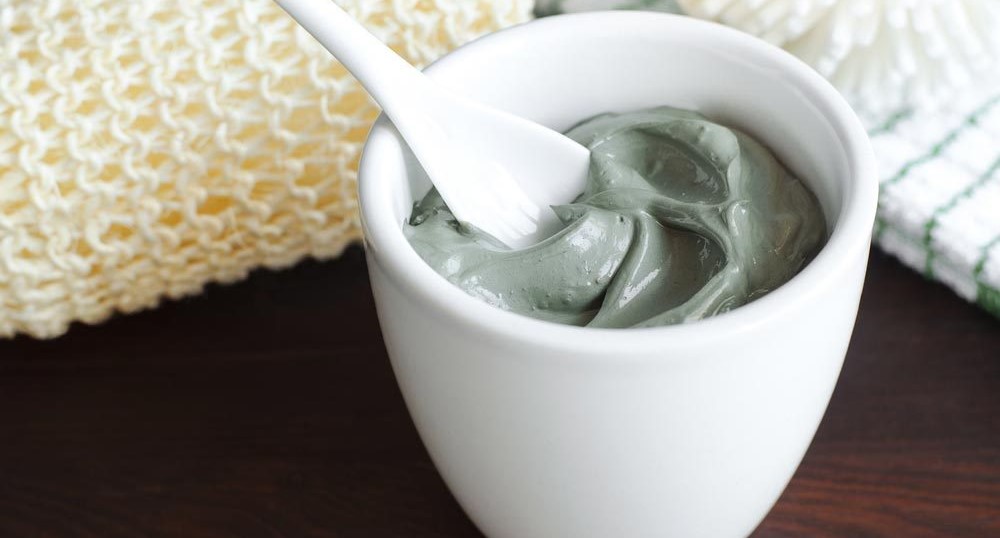
On the other hand, it absorbs toxins and prevents them from passing through the intestinal wall
In addition, by increasing the absorption of nutrients, bentonite clay makes the stool less moist, so the bed stays clean for longer, and the likelihood of epidemics and the reproduction of flies and parasites is reduced
Bentonite clay is a natural absorbent of toxins, especially aflatoxins
By spraying it on cereals, oilseeds and products, it prevents the growth of fungi caused by humidity and temperature
It detoxifies and is used due to its high susceptibility, strong adhesion and bactericidal power
In contact with water and digestive juices, bentonite acts as a detoxifier in the intestines of animals, forming stable insoluble complexes between mycotoxins and bentonite, preventing their absorption and ensuring their excretion with feces
As a binder, bentonite clay does not impart any taste or odor to food
It has excellent properties in the manufacture of pellets or granules, acts as a lubricant and increases hardness
As a nutritional additive, it promotes interactions with proteins, peptides and amino acids through their weak links to improve animal husbandry performance
Bentonite clay also acts as a carrier for vitamins, minerals, antibiotics and other supplements
catalyst Clays have many applications as catalysts in various chemical processes
For example, it is used in gasoline desulfurization reaction, terpene isomerization, olefin polymerization, petroleum cracking, etc

bentonite powder industrial uses
Pharmaceutical industry Bentonite clay has long been used as an excipient in the pharmaceutical industry because it is not toxic or irritating
It is also used to develop topical and oral formulations because it cannot be absorbed by the body
Bentonite is used as an adsorbent, stabilizer, thickener, suspending agent and viscosity modifier
Its main use is in the preparation of topical suspensions, gels and solutions
Clarification of wines and juices Artificial or induced clarification, as opposed to the spontaneous clarification that occurs naturally in wine, aims to achieve wine clarity in more or less time
Artificial filtering is to add certain substances into the colloidal state, and through the physical and chemical effect, the colloidal wine compounds coagulate and scar
The substances used to clarify wine are called fine agents
Bentonite is the most widely used fine agent because it is low cost, completely inert, immutable, easy to use and has a significant stabilizing effect on drinks
In addition to the above industrial applications, bentonite is used as: -Abrasive materials, such as electric arc stabilizers, slag forming, such as extrusion aids, etc
Absorbents, such as those found in pet beds as desiccants
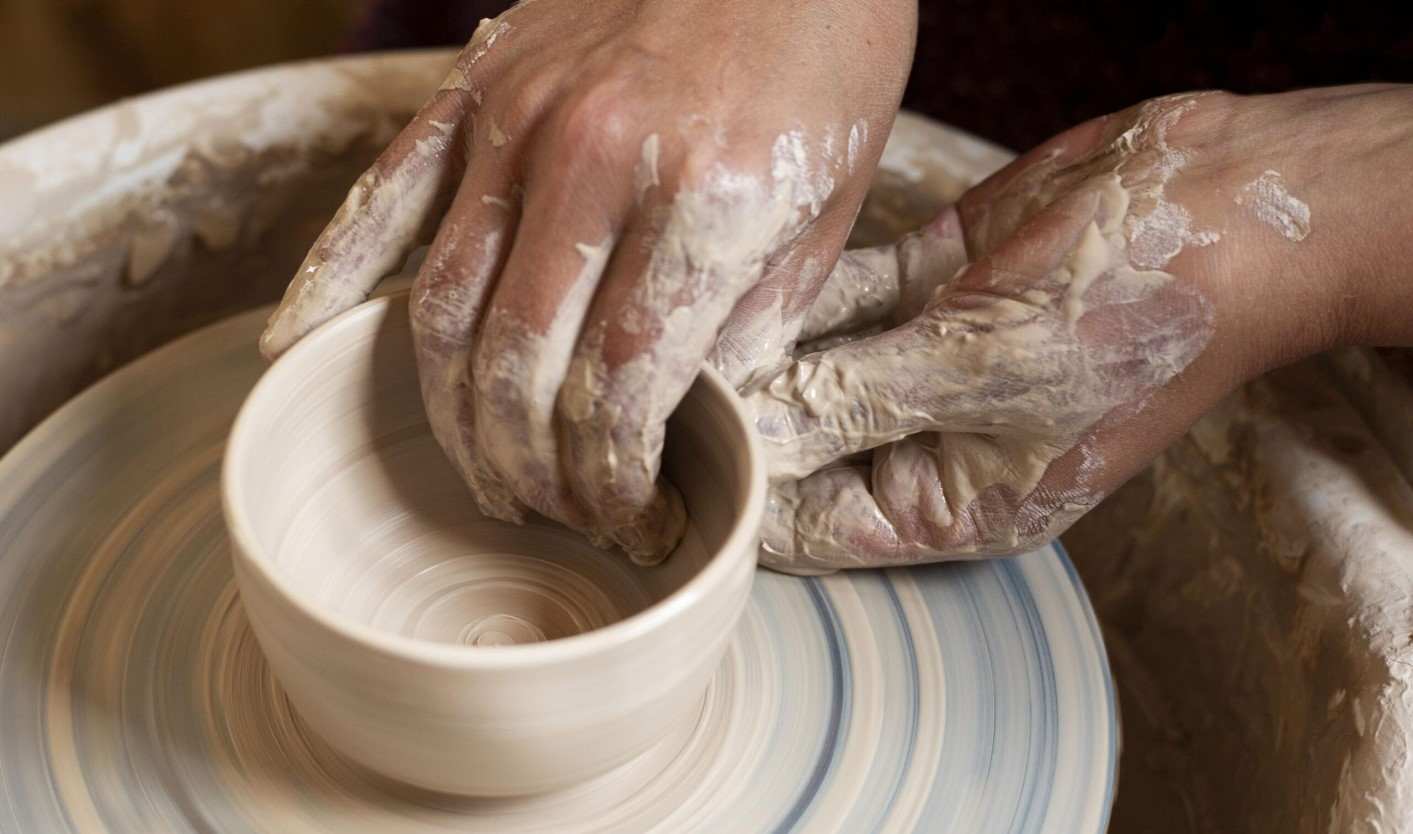
-Vectors of pesticides and other fungicides -In agriculture, bentonite is used to improve the properties of sandy and acidic soils
It is also used to encapsulate certain types of seeds to increase their size for mechanical distribution and to improve germination
-In ceramic applications, they are used in applications such as glass suspending agents and plasticizers -In welding, as a component of an arc electrode, and also as a stabilizer, welding group protector, casting agent and slag modifier -In the paper industry, bentonite is used to change the color and control asphalt of recycled paper, as well as to filter, retain, and cover waste water, carbonless copy paper, etc
-In coatings, bentonite is used for waterproofing or thixotropic coatings -In electric porcelain, bentonite is used as a plasticizer to increase drying and ignition strength and reduce absorption – To develop carbon-free copy paper coloring, acid-activated bentonite is used
– For the manufacture of paints, greases, lubricants, plastics and cosmetics, organic layers are used due to their ability to swell and disperse in organic solvents
Therefore, bentonite is present in crystallizing agents, thixotropic agents and emulsifiers
– For other pesticides and fungicides, it is widely used as drying and diluent carriers
For plastics, bentonite reduces the air permeability of the plastic film
